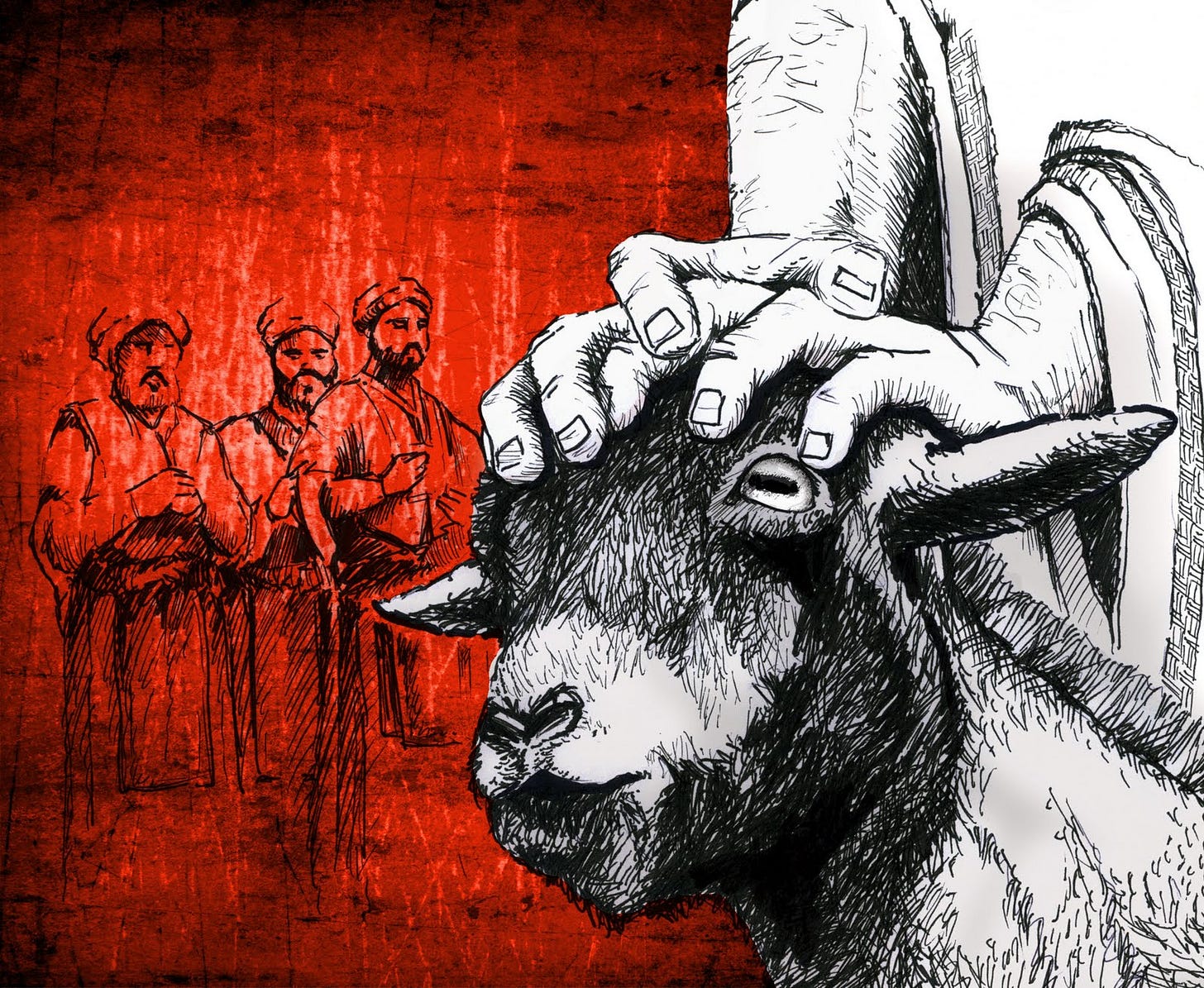Welcome to the beauty of your self, where truth and love awaken within you.
The human heart, when grasping for control, easily slips into patterns of blame and victimization. It’s a tendency so deeply ingrained that we hardly notice it. When we feel powerless, we often retreat into self-pity. And from that place, it’s not long before we start to project our pain onto others. By assigning blame or creating enemies, we attempt to quiet our inner turmoil, if only for a time.
This pattern is ancient, woven into the fabric of human behavior. René Girard named it “the scapegoat mechanism,” a cycle that has shaped cultures across history. In this cycle, we compare ourselves to others, we mimic behaviors, we compete, we enter conflict, we conspire, we condemn—and if unchecked, this often ends in violence. Without awareness, this sequence unfolds almost automatically.
The heart of spiritual wisdom is learning to interrupt this cycle. Simplicity of life, humility, and an inner spaciousness free us from the urge to dominate or control. Spiritual teachers have always invited seekers to step outside the power game, where comparison and rivalry take root. By doing so, we reclaim our capacity for genuine peace.
One of the most insidious forms of violence is what some have called “sacralized violence”—acts of harm justified in the name of truth, morality, or even God. This is what makes the cycle so persistent; it cloaks fear and aggression in the language of righteousness. People may believe they are defending what is good, yet in that certainty they risk becoming the very thing they claim to oppose. The tragic irony is that this path never leads to healing—only deeper division.
The path of healing begins with recognizing this pattern in ourselves. When we encounter fear or frustration, we can pause. Instead of reaching for blame, we can soften. Instead of feeding hostility, we can choose compassion. Each time we resist the impulse to scapegoat, we weaken the cycle and plant seeds of peace.
The stories we carry shape us. For centuries, the narrative of power and violence has dominated. But there’s another story, one of love and restoration. It’s the story that emerges when we refuse to demonize others, when we honor the dignity of those we might otherwise reject. This story invites us to trust that love is greater than fear and that no one needs to be sacrificed to keep us safe.
May we choose this story—the story that leads to wholeness.
Let your heart be still.
Feel the quiet strength that rises in softness.
Release the impulse to push or defend.
In this open space, love is enough.




